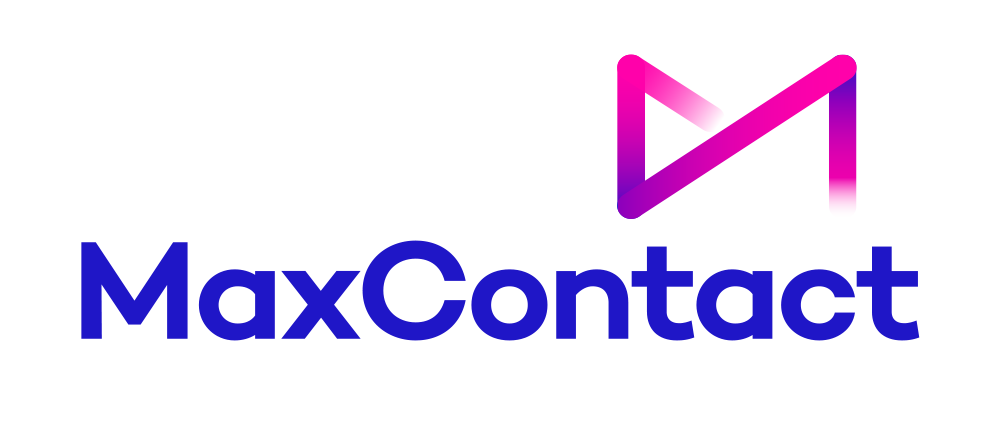Top 20 Words and Phrases for First Call Resolution
First call resolution (FCR) is one of the most important measures of customer service success. It reflects a customer’s experience during their initial interaction, showing whether their issue was handled completely without the need for follow-up. In contact centres and service teams, language plays a direct role in achieving a good FCR.
The right words can build trust and help customers feel heard. Poor phrasing or vague language, on the other hand, can make even a simple issue seem frustrating. This guide explores examples of positive words, outlines the top 20 phrases that support FCR, and flags common expressions to avoid.
Why Language Matters in First Call Resolution
First call resolution is about more than solving a problem quickly. It also involves clarity, confidence, and communication that leaves the customer satisfied. The language used by customer service advisors influences how well the issue is understood, how likely a solution will be accepted, and whether the customer will need to call back.
Using clear and encouraging language can:
- Reassure the customer
- Demonstrate understanding
- Reinforce ownership of the issue
- Offer direction and clarity
- Close the call with confidence
It’s not just about satisfaction, there’s a direct financial benefit too. According to ContactBabel, a repeat call costs a company 33% more than resolving the issue on the first attempt. That makes resolution-focused language one of the most affordable ways to reduce operational costs while improving customer satisfaction.
Examples of Positive Words in Customer Service
Word choice impacts tone and perception. Here are some useful words that help support better outcomes during a customer’s first contact:
- Certainly – replaces weak language like “maybe” or “I think”
- Absolutely – communicates confidence and agreement
- Right away – gives a clear sense of urgency without exaggeration
- Let’s – encourages a team approach with the customer
- Appreciate – shows respect for the customer’s time and patience
- Resolved – confirms action has been taken
- Glad – creates a more human tone
- Understand – builds empathy
- Assured – provides reassurance
- Clear – sets expectations
While individual words help, it’s the full phrases that shape the customer experience. Below, we’ve listed the top 20 phrases used by successful call handlers to support first-time resolution.
The Top 20 Positive Phrases for First Call Resolution
These expressions can help support positive outcomes during customer interactions. They reflect understanding, action, and closure, all important to resolving concerns in a single contact.
1. Ownership & Reassurance
These phrases build confidence and show the customer they’re in capable hands.
- “Let me look into that for you now.”
- “I can help you with that today.”
- “I’ll stay with you until this is sorted.”
- “I’ve handled this for you now – is there anything else before we finish?”
2. Empathy & Acknowledgement
Use these to build rapport and show you’re listening to the customer’s experience.
- “Thanks for explaining that so clearly.”
- “I completely understand why that’s frustrating.”
- “Thanks for your patience – I’ve now resolved the issue.”
- “That’s a great question – let’s get that sorted.”
3. Clarity & Confirmation
These help avoid confusion and make sure the right issue is being solved.
- “Just to confirm, you’re asking about…”
- “Here’s what we’ll do next.”
- “Let’s go through that together.”
- “Based on what you’ve told me, this is what we can do.”
4. Resolution & Finality
Ideal for wrapping up confidently and preventing repeat contact.
- “You’re all set, everything is now sorted.”
- “I’ve fixed that for you and it won’t happen again.”
- “That’s now showing as complete on my end.”
- “You won’t need to call back. This has now been taken care of.”
5. Follow-up and Transparency
These show extra care and help build trust by making the process visible.
- “I’ve added notes to your account in case you need to follow up.”
- “I’ve double-checked, and everything is now in place.”
- “I’ll send you a confirmation so you have it in writing.”
- “Is there anything else I can help with today?”
Phrases to Avoid
Just as positive phrasing supports resolution, careless or vague language can weaken it. Here are some common examples that may introduce confusion or frustration.
1. “That’s not something I can help with.”
This comes across as dismissive. Even if true, it’s better to say, “Let me connect you with the person who handles this.”
2. “You’ll have to call back later.”
This puts the burden back on the customer. Try: “I’ll make a note for our team and ask someone to follow up with you.”
3. “I don’t know.”
It’s fine not to know, but follow it with: “Let me find out for you.”
4. “It’s just our policy.”
Policies can be explained without using them as a barrier. Aim to explain the reasoning in a customer-focused way.
5. “That’s not possible.”
Absolute refusals should be replaced with alternatives: “Here’s what I can offer instead.”
6. “Can you repeat all that?”
Repeated requests can seem lazy. Instead, paraphrase and confirm: “Just to check, you said…”
7. “You must have done something wrong.”
Blame erodes trust. Instead, explore the issue without assuming fault: “Let’s see what might have happened.”
8. “I’m not sure how that works.”
This can lead to doubt. Offer reassurance: “Let me check that process for you.”
9. “It should be working now.”
Vagueness like this creates uncertainty. Be precise: “I’ve tested it, and it is now working.”
10. “You’ll need to…”
This shifts responsibility back to the customer. Rephrase with support: “Let me help you with that step.”
Removing these phrases from scripts and training helps build a more customer-focused culture.
How to Introduce Better Phrasing into Your Team
Improving FCR through language doesn’t require full retraining. Here are a few steps that can help:
- Listen to real calls: Identify where unclear language leads to repeat contacts by using tools like speech analytics.
- Create a phrase library: Build a shared reference guide of words and phrases that support good resolution.
- Use call coaching: Give advisors feedback on their phrasing and offer alternatives.
- Role-play tricky situations: Let advisors practise replacing poor phrasing with better alternatives
- Involve advisors: Ask team members to suggest their own best phrases based on real experiences.
Language is one of the most affordable and accessible tools for improving customer experience. Better word choice often means fewer escalations, shorter handling times, and improved satisfaction scores, all without major investment.
The Cost of Poor Language
Poorly phrased interactions and unresolved issues don’t just frustrate customers, they drive them away. Research shows that 67% of consumers will abandon a brand after suffering a negative customer service experience. This highlights how important empathetic language is not only for resolving issues on the first call, but also for preventing churn.
Better First Call Resolution with MaxContact
First call resolution depends on more than just systems and workflows. It’s often shaped by how well advisors communicate during the first contact. When language is confident, supportive, and clear, it reassures customers that their issue has been handled correctly the first time.
The 20 phrases listed above are more than just scripts; they’re habits that build trust, reduce confusion, and lead to closure. With small changes to the way teams speak, it’s possible to reduce repeat calls, support your metrics, and give customers a better experience overall. Contact MaxContact today to discover how our contact centre technology can help your team improve FCR and create a better customer experience. Request a demo here.
.png)
From the blog







